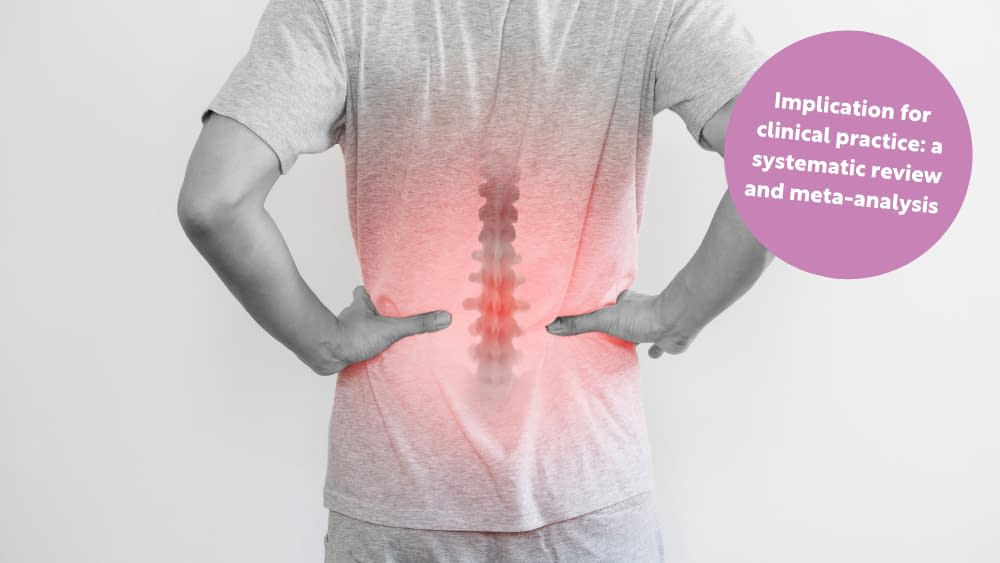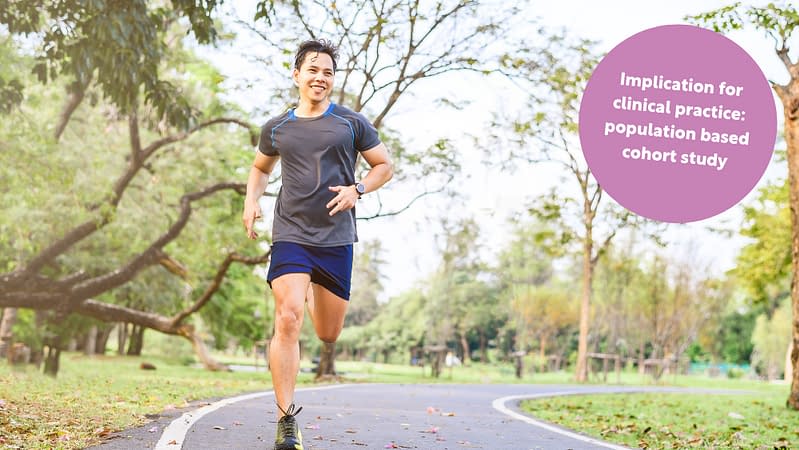Supervised physiotherapy should be prioritised and advocated over usual care given the significant improvements in pain, functional ability and disease activity.
While supervised sessions are slightly more effective, home based programmes yield similar outcomes in function and disease activity.
Incorporating physiotherapy as a core part of Ankylosing Spondylitis management alongside medication could lead to more holistic improvements.
Context
This study aimed to evaluate the safety and effectiveness of non-pharmacological interventions supervised by a physiotherapist in patients with Ankylosing Spondylitis.
Randomised controlled trials (RCTs) on the effectiveness of non-pharmacological interventions supervised by a physiotherapist were compared with usual care or home-based exercise programmes.
Methods
Five search databases with relevant articles were searched with a total of 12 studies included.
Studies were used if they included the following criteria:
(1) Patients with a diagnosis of Ankylosing Spondylitis
(2) Randomised Controlled Trials (RCTs)
(3) Non-pharmacological interventions as physiotherapy, exercise programmes, education, or self-education group
(4) Extractable data was possible on primary and secondary outcomes
Results
- When comparing supervised physiotherapy versus usual care, there was significant improvement in disease activity, functional capacity, quality of life and pain reduction.
- When comparing supervised physiotherapy versus home based exercise programmes there was no significant difference in disease activity or functional capacity but spinal mobility did improve.




